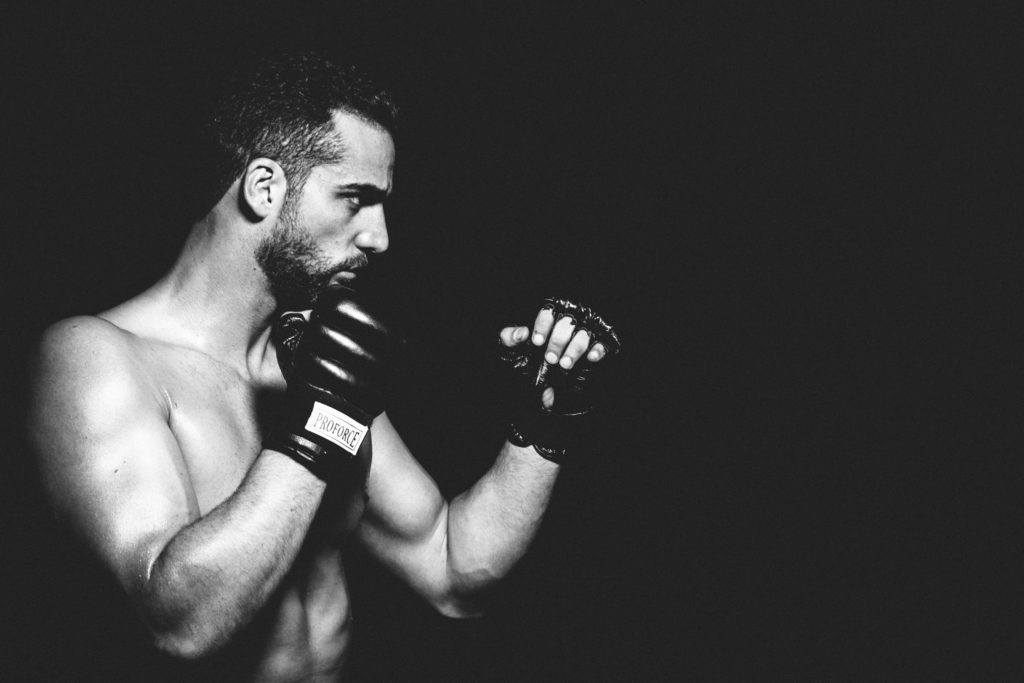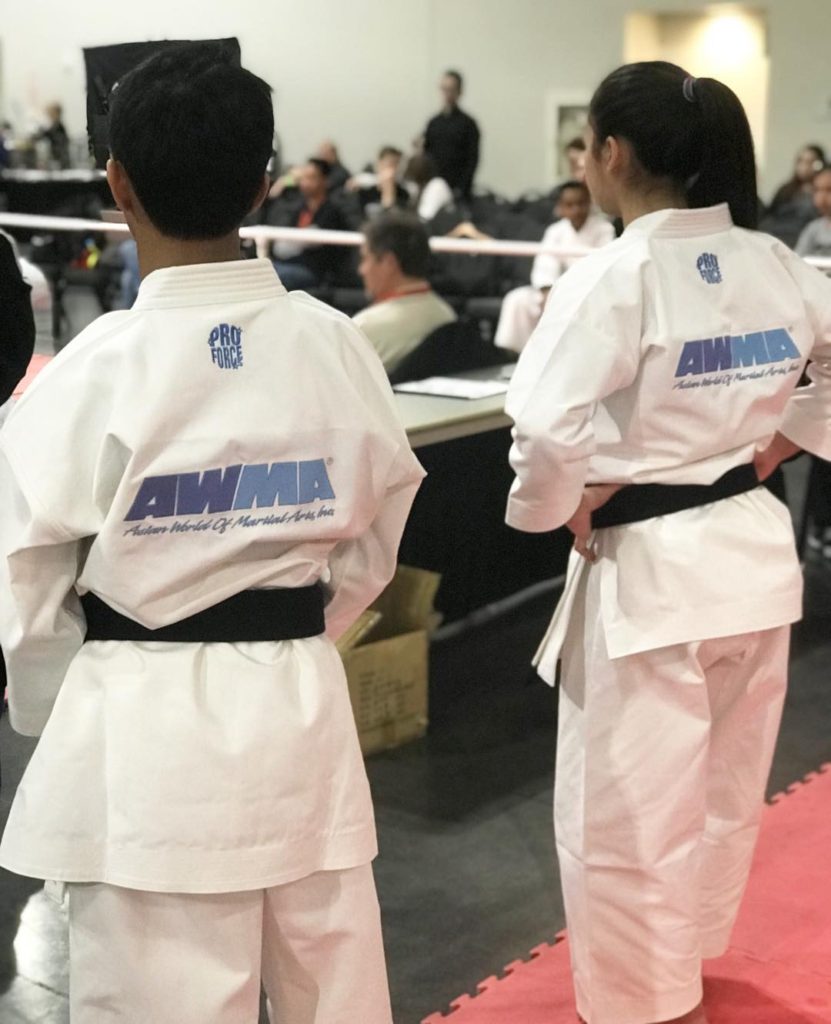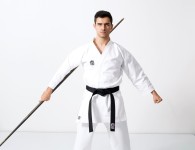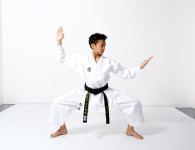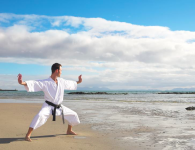Martial arts training is full of positive benefits, but those rewards do come with some risks, particularly when you get to the competitive level. This is why it’s so important to be proactive about safety in training and tournaments. No matter how well you prepare, martial arts competition, especially full contact martial arts competition, does come with the possibility of injury. This isn’t a reason to be intimidated or scared away from competition, but it is a reminder to be smart and be aware of what you need to do to properly prepare for a tournament or a fight that will make you successful and safe.
Whether you’re a rookie preparing for your first competition or a veteran brushing up on your pre-tournament routines, here is a list of things you can and should do — from purchasing martial arts headgear to developing better body awareness — to protect your health and prevent injuries when participating in martial arts matches.
1. Visit a medical professional before competing.
There’s a reason why almost every type of organized physical activity will warn you to see a medical professional before participating, and it’s not just about fending off any potential lawsuits. It’s very wise to see a doctor and get a complete physical before competing in martial arts for a number of reasons. Not only is it necessary to make sure that your body and your health are in good working order and that you are fit to compete, but consulting with experts will also alert you to any potential concerns regarding any concerns you might have with any of the above. Which will allow you to be more aware and take better care of yourself in martial arts fights and tournaments.
2. Invest in good protective gear.
If you value your health and safety in martial arts, it’s vital that you research and purchase the right protective gear to use in both sparring and competition. Each martial art will come with a slightly different combination of necessary equipment. Ear guard and knee pads have helped saved the body parts of many competitors. Striking sports will require martial arts headgear to help prevent brain injuries. Cups are vital for martial artists who require groin protection. Mouth guards are always a good idea to protect your teeth and help guard against concussions.
When it comes to competition, it’s also important to keep in mind that many tournaments have their own rules and regulations about protective equipment, so be sure to do your research before gearing up to fight.
3. Warm up before competing.
Pre-competition warm ups are a matter of health and safety as well as performance. We know that martial artists fight better when they’ve actually taken the time to responsibly raise their heart rates into a zone where it will be prepared to meet the intense physical demands and adrenaline rush of competition and prepare their muscles and joints for a wide range of movements. But this same process will also protect you from placing unnecessary demands on your cardiovascular system and forcing your body into a series of positions that could pull or tear muscles or break bones if you were to go from a complete resting state to full-blown competitive martial arts. So take advantage of any warm-up time that is provided at tournaments and make sure to stay moving and limber until it’s your time to shine.
4. Listen to your coaches.
Your coaches and trainers are there to help you succeed in martial arts competition. They’re there to keep you focussed on your game plan and call attention to details that you might be missing because you’re in the middle of competitive combat. But they are also there to make sure that you’re not missing any pertinent details about your own health and safety while you’re fighting. Sometimes adrenaline and the thrill of competition can keep us from realizing that something might be going wrong as we participate in martial arts. So it’s always wise to respect the people at the side of the ring or mat who have your best interests at heart. If they’re saying that you need to be aware of something — or even stop — you should listen to them.
5. Listen to your body.
As mentioned above, it’s not always easy to know exactly what’s happening when your mind and body are both focused on competing in a match. But it’s important to be as present in your body as possible when you’re fighting. If something feels wrong or off, don’t ignore it. Be honest with yourself and make decisions that won’t just ensure your success in your current fight, but your continued success over the course of your entire martial arts career. One match isn’t worth your long-term health. And no victory in martial arts is worth your safety. So be smart and responsible. If you need to tap out or quit, there will be more martial arts tournaments and matches waiting for you when you’re healthy and ready to compete again.

